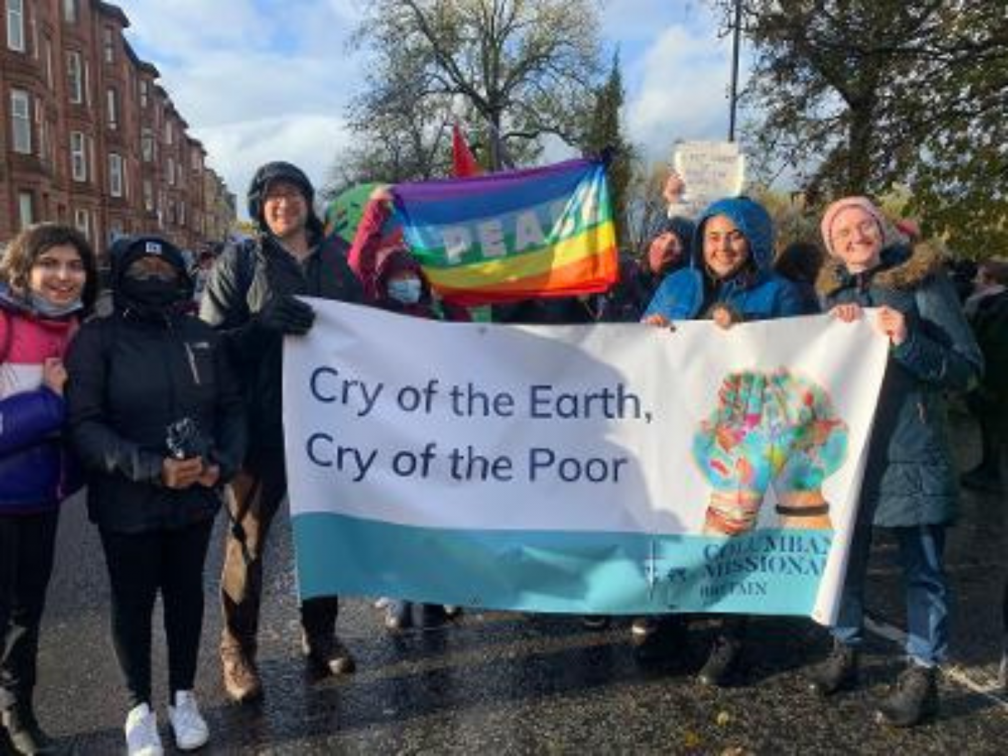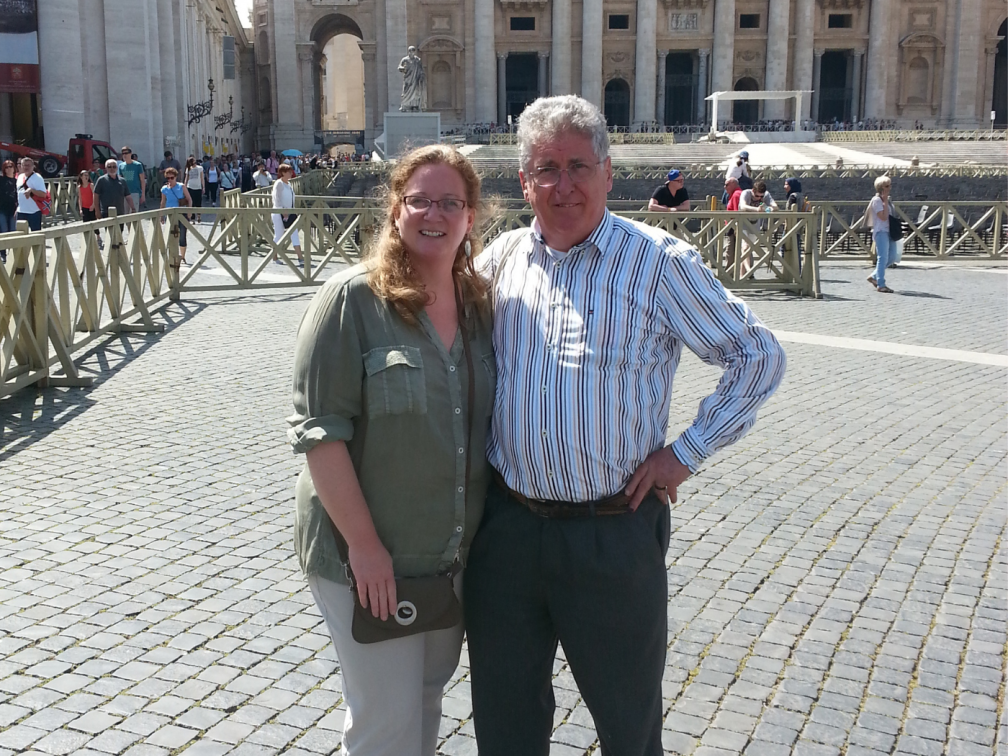In 1992, the United Nations hosted a large gathering of people and Heads of State in Rio de Janeiro to face together the growing problem of protecting our environment. The meeting was called the Earth Summit. The participants agreed to establish two treaties – the United Nations Framework Convention of Climate Change (UNFCCC) and the Convention on Biological Diversity (CBD). Both Conferences are linked because extreme weather, droughts and wildfires caused by global warming leads to widespread extinction of species.
This year the Conference of the Parties to the Convention on Climate change, known as Conference of Parties (COP)27, met in Sharm El-Sheikh in Egypt in November 2022. At that meeting delegates agreement on new ‘Loss and Damage’ funds for vulnerable countries. But it could not agree on lower greenhouse gas emissions, which is worrying. COP15 on Convention on Biological Diversity is meeting this month in Montreal, Canada.
The Conference on Biological Diversity (COP15) was originally planned to take place in Kunming in China, but the meeting was postponed because of the COVID-19 pandemic. In August 2021, the United Nations announced that COP15 would take place in two parts. A virtual meeting was arranged in 2021 followed by a face-to-face meeting in Kunming. After several false dawns, close consultation with the Government of China, the Conference on Biodiversity, and the Government of Canada it was agreed that COP15 would take place in Montreal and Quebec Canada 7th to 19th December 2022. China, as the COP15 chair, will preside over the meeting.
One way to get a good insight into the loss in biodiversity is to read The Global Assessment Report on Biodiversity and Ecosystem Services (IPBES) which was published in May 2019. Over 450 scientists were involved in this report. It confirms that we are now living through the 6th largest extinction of life on earth since life began 3.8 billion years ago. The report showed that future generations of species are at risk, unless radical action is taken by humans to protect species. The last time such a catastrophe struck the earth was 66 million years ago when an asteroid crashed into the Yucatan Peninsula of Mexico causing the extinction of 75 percent of animal life, including the dinosaurs.
In 2019, the International Union for the Conservation of Nature (IUCN) estimated that 41% of amphibians, 25% of mammals, 34% of conifers, 13% of birds, 31% of sharks and rays and 17% of crustaceans are threatened with extinction. In 2017, a study by German scientists found that insect species, including pollinators, had decreased by 75% percent since 1987. One third of the world ‘s food depends on pollinators. If these become extinct, agricultural yields would plummet globally causing widespread famine.
Dr Liam Lysaght, from the National Biodiversity Centre in Ireland, shows that Ireland is not immune from biodiversity losses. Of the 3,000 species that have undergone red list conservation assessment, one in four species is threatened with extinction. Among the species he mentions are the Atlantic Salmon, the Curlew, the Freshwater Pearl and many more. He recommends the setting up of a Government Department for Biodiversity and the rural economy.
Centres such as the Leitrim Sustainable Agricultural Group and the Cabragh Wetlands Trust near Thurles in Tipperary should get more support. These groups are attempting to farm their land in a way that increases the natural and cultural heritage of their areas and they aim to help other farmers do likewise.
In the Encyclical Laudato Si’: On Care for Our Common Home, Pope Francis quotes Green Patriarch, Bartholomew of Constantinople. He writes “for humans to strip Earth of its natural beauty or destroy the wetland; for humans to contaminate Earth’s waters, land, its air and its life – these are sins.” (Par 9).
This is new teaching for the Christian Churches which was not there when I studied moral theology many years ago. Christianity needs an Extinction Liturgy in which the sadness of the extinction of the many wonderful creatures, created by God, can be expressed. Such liturgies might inspire us to protect biodiversity locally and globally in everything we do.



